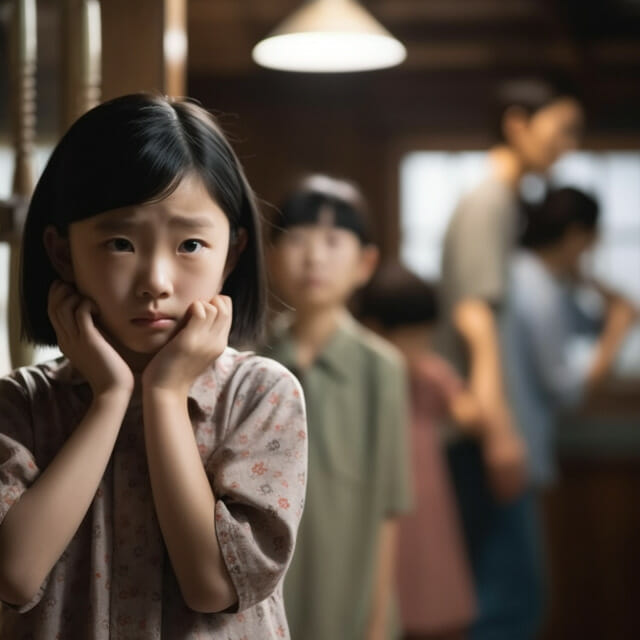
I have always felt embarrassed whenever I speak Chinese. Whenever I have to order food in a Chinese-speaking place, my throat closes and I get tunnel vision. Even when I do manage to speak, I’m acutely aware of how much I stutter when I speak Chinese or how often I mispronounce something. As such, I don’t tend to speak it often whenever I go to Chinese-speaking countries. Why? Because I can’t speak Chinese. Well, not really, I can carry out a simple conversation, enough to get by, but I can’t really communicate, or have a deep conversation. I know it’s better than most, as there are some Asians who can’t speak Chinese at all, but I still always hate it whenever my relatives ask me questions in Chinese and I’m unable to understand them. Every year they do this to see if I learned more, and it’s always painful to show them how little I picked up.
It feels like a punch to the gut every single time I mumble to a waiter or to a summer school teacher that I can’t speak Chinese, to see their eyes narrow and get that look of “Oh. She’s one of them.” But besides that, people should be able to speak their own language! I’m Chinese, I should be able to speak Chinese! Why can’t I?
But what’s even worse, I was born able to speak it as I lived in Asia when I was little, so I originally had a grasp of the language. I just lost it, and now, it seems like I can never get it back, not entirely. It’s a deep source of shame for me. Many times, I wonder “Am I really Chinese if I can’t even speak my own language?” I mean, I eat the same food, look similar and even know a few words, but does that really qualify me as Chinese? Have I worked hard enough, and met the criteria for it? I don’t know, and often times, it feels like I didn’t pass the “Authentic Chinese Test”.



